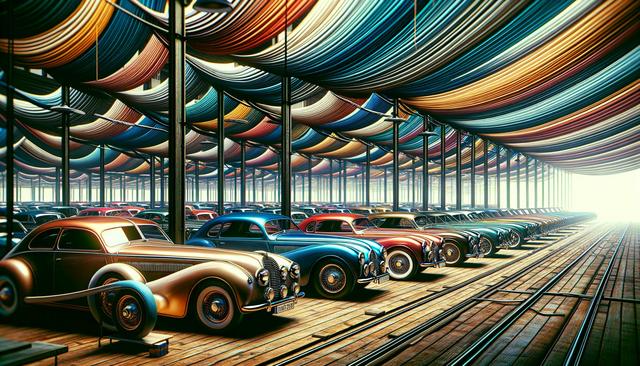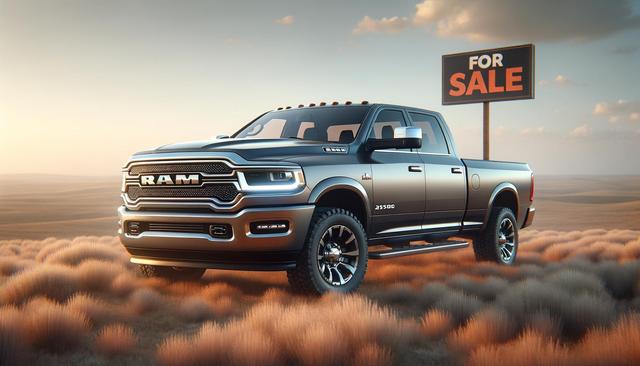Understanding the Appeal of Classic Cars
Classic cars hold a unique place in automotive history. Whether you’re drawn to the raw power of American muscle or the refined engineering of European models, these vehicles represent more than just transportation—they are rolling pieces of art. Their appeal lies in their design, rarity, and the sense of nostalgia they evoke. Enthusiasts often find joy in maintaining and restoring these machines, while collectors appreciate them as tangible investments that can appreciate in value over time. Additionally, classic cars often come with rich backstories, making ownership a personally rewarding experience.
For newcomers, it’s important to understand what qualifies a car as a classic. Generally, vehicles that are 20 to 45 years old fall into this category, although specific definitions may vary by region or organization. Rarity, condition, and historical significance all play a role in determining a car’s classic status. Whether you’re aiming to showcase at vintage car rallies or simply enjoy weekend drives, knowing the characteristics that define a classic car is a vital first step.
Where to Find Classic Cars for Sale
Finding classic cars for sale requires more than a quick online search. While digital marketplaces have made browsing easier, the most reliable sources often include:
- Classic car dealerships with verified inventories
- Specialty auctions, both online and in-person
- Classic car shows and expos
- Private sellers within enthusiast communities or forums
Each of these avenues has its pros and cons. Dealerships usually offer some level of inspection and history, while private sellers might provide better pricing but require more due diligence. Auctions can present unique opportunities but may involve competitive bidding and fees. Attending car shows and events not only allows you to see the vehicles in person but also gives you access to knowledgeable owners and restorers. Cross-referencing prices and condition through multiple sources is key to making an informed decision.
How to Evaluate a Classic Car
Evaluating a classic car goes beyond a simple test drive. These vehicles often come with unique quirks, and their condition can vary widely depending on maintenance and restoration history. When assessing a potential purchase, consider the following:
- Overall body condition (rust, dents, paint quality)
- Mechanical integrity (engine, brakes, transmission)
- Originality (matching numbers, factory parts)
- Documentation (ownership history, service records)
Hiring an independent classic car inspector can be a worthwhile investment, especially for high-value or rare models. They can identify issues that might not be apparent to the untrained eye and help you avoid costly repairs down the road. Additionally, understanding the difference between a fully restored car, a partially restored one, and a vehicle in original condition can impact your buying decision and future maintenance costs.
Making a Smart Investment
Classic cars can be more than just a hobby—they can also serve as long-term investments. However, not all models appreciate in value equally. Certain makes and models with limited production runs, racing heritage, or cultural significance tend to hold their value better. Before making a purchase, research market trends and consult valuation guides or auction results to understand what similar models are selling for.
It’s also essential to consider ongoing costs such as insurance, storage, and maintenance. Unlike modern cars, classic vehicles often require specialized care, and parts may be harder to find. If you’re buying as an investment, aim for cars that are already in good condition rather than those needing extensive restoration. Keeping the vehicle well-maintained and properly stored will also help preserve its value over time.
Tips for First-Time Buyers
For those new to the world of classic cars, the process can seem overwhelming. However, with a bit of preparation, first-time buyers can enjoy a smooth and rewarding experience. Here are a few tips to keep in mind:
- Start with a model you genuinely admire—not just one that’s trending
- Set a realistic budget, including purchase price and post-purchase upkeep
- Join classic car clubs or online communities to gain insights
- Be patient; finding the right car can take time
- Always perform thorough research before finalizing a deal
Remember, owning a classic car is about more than the purchase—it’s about the experience. Driving a vintage vehicle, learning its nuances, and sharing it with fellow enthusiasts can be incredibly fulfilling. With the right approach, your first classic car can become a treasured part of your life for years to come.
Conclusion: Embracing Classic Car Ownership
Whether you’re a seasoned enthusiast or just beginning your journey, the world of classic cars offers a rich and rewarding experience. From choosing the right model and understanding its history to maintaining its integrity and enjoying the ride, every step is part of the adventure. By taking the time to research, inspect, and invest wisely, you can find a classic car that not only meets your aesthetic and emotional preferences but also serves as a smart addition to your collection. Embrace the journey, and you might just find that your dream ride is closer than you think.


